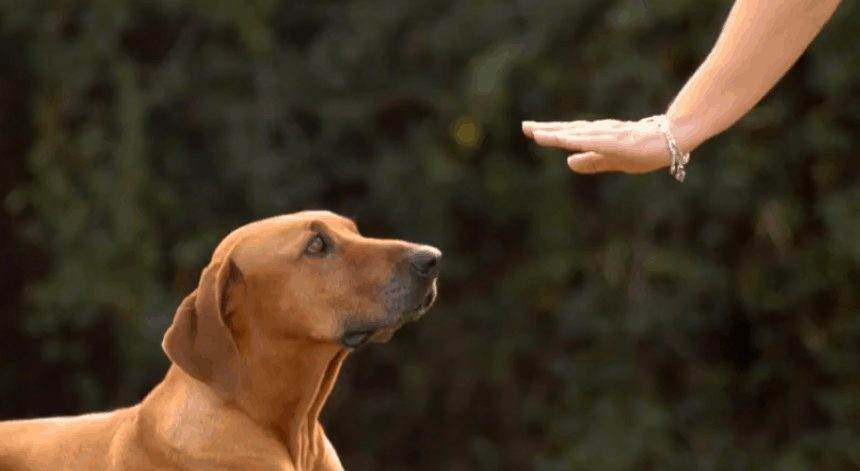
It is very important to always keep in mind that punishing your dog will only cause the problem to escalate. Depending on the level of symptoms exhibited, methods used to reduce the frequency and intensity will differ. Separation Anxiety can range from minor to severe. But, there are many things an owner can do right away to begin to ease the symptoms. It will not go away on its own, and most often a complete "cure" is never experienced.


There is no easy way to resolve the problem once Separation Anxiety has developed. In severe cases dogs will experience vomiting, diarrhea, and will sometimes self-mutilate.Īlmost all dogs affected will become overly or hyper-excited when the owner arrives home. Destructive chewing - also very common.
Curing dog separation anxiety quickly windows#

Separation Anxiety may also occur in dogs with a high inclination towards dependency - certain breeds may be more affected than others. Read article on Canine Developmental Stages Today, it’s a rare dog owner who hasn’t heard of separation anxiety, experienced it with a one of their own dogs, or at least had an acquaintance whose canine companion reportedly suffered from this difficult disorder. Thirty years ago this condition was unknown in dog training circles.

It is not commonly seen in mature or older dogs, although dogs that develop separation anxiety at a very young age may be at greater risk for recurrences later in life. Separation Anxiety is typically seen in younger dogs, especially when these pets are adopted from an animal shelter or rescue organization. These caring dog owners are desperately looking for the answer that might relieve the obvious suffering that their pet must be experiencing. Regardless, separation anxiety can greatly affect the lifestyle of the owner who must deal with the destruction and constant complaints from neighbors. Rubin Canine Separation Anxiety - CSAĪlthough it is not clearly known why it occurs, it is commonly thought that dogs seem to develop separation anxiety either because they are born with a predisposition to display anxiety or fear when under stress, or the owner has unknowingly facilitated the dog's neurosis by creating an inter-reliant relationship with the dog during early developmental stages. John's Natural Dog Training ~ Canine Separation Anxiety Help for Dogs & Owners by John M.


 0 kommentar(er)
0 kommentar(er)
